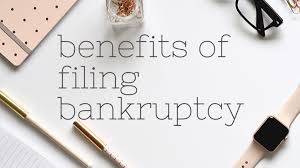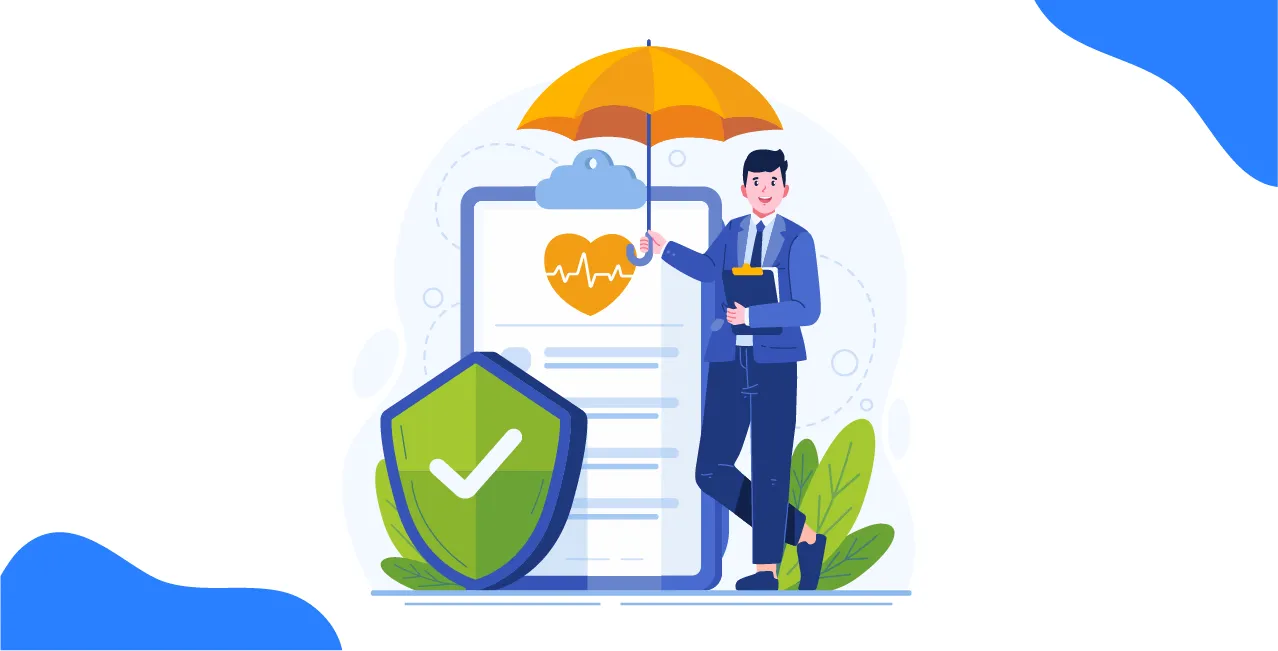The Benefits of Filing Bankruptcy Chapter 7
Filing for bankruptcy can be a difficult decision to make, but it is important to understand the potential benefits that come with filing under Chapter 7. In this article, we will explore the advantages of filing bankruptcy Chapter 7 and how it can provide relief to individuals struggling with overwhelming debt.
Immediate Debt Relief
One of the primary benefits of filing bankruptcy Chapter 7 is the immediate relief it provides from overwhelming debt. When you file under Chapter 7, an automatic stay is put in place, which halts all collection efforts from creditors. This means that creditors cannot continue to pursue legal action, garnish wages, or contact you for payment during the bankruptcy process.
Discharge of Debts
Chapter 7 bankruptcy allows for the discharge of most unsecured debts, such as credit card bills, medical bills, and personal loans. This means that once the bankruptcy process is complete, you are no longer legally obligated to repay these debts. The discharge of debts provides a fresh start and the opportunity to rebuild your financial future without the burden of overwhelming debt.
Protection of Assets
Contrary to popular belief, filing bankruptcy Chapter 7 does not necessarily mean that you will lose all your assets. Each state has its own set of exemptions that allow you to protect certain assets from being liquidated to repay creditors. These exemptions typically include your primary residence, vehicle, household goods, and personal belongings. Consulting with a bankruptcy attorney can help you understand the specific exemptions available in your state.
Quick Process
Another advantage of filing bankruptcy Chapter 7 is that it is generally a quicker process compared to other bankruptcy chapters. While the exact timeline may vary depending on the complexity of your case, Chapter 7 bankruptcies typically take around three to six months to complete. This means that you can achieve debt relief and a fresh start in a relatively short period.
Improved Credit Score
Although bankruptcy will hurt your credit score initially, it provides an opportunity for a fresh financial start. By eliminating overwhelming debt and starting anew, you can begin to rebuild your credit over time. With responsible financial habits and timely payments, you can gradually improve your credit score and regain financial stability.

Filing bankruptcy Chapter 7 can provide individuals with immediate debt relief, the discharge of debts, protection of assets, a quick process, and the potential for an improved credit score. It is important to consult with a bankruptcy attorney to understand the specific implications and requirements of filing Chapter 7 bankruptcy in your jurisdiction. By taking the necessary steps and utilizing the benefits of Chapter 7, you can regain control of your financial future and achieve a fresh start.
Frequently Asked Questions
1. What is Chapter 7 bankruptcy?
Chapter 7 bankruptcy is a legal process that allows individuals and businesses to eliminate most of their debts and start fresh.
2. What are the benefits of filing bankruptcy under Chapter 7?
The benefits of filing bankruptcy under Chapter 7 include the discharge of most unsecured debts, the ability to keep certain exempt assets, and a fresh start financially.
3. Can Chapter 7 bankruptcy help me stop creditor harassment?
Yes, once you file for Chapter 7 bankruptcy, an automatic stay is issued, which prevents creditors from contacting you or pursuing any collection actions against you.
4. Will I lose all my assets if I file for Chapter 7 bankruptcy?
No, Chapter 7 bankruptcy allows you to keep certain exempt assets, such as your primary residence, necessary personal belongings, and retirement accounts, among others.
5. How long does it take to complete a Chapter 7 bankruptcy case?
A typical Chapter 7 bankruptcy case takes around 3 to 6 months to complete, depending on the complexity of your situation and the court’s schedule.
6. Can Chapter 7 bankruptcy eliminate all types of debts?
No, Chapter 7 bankruptcy cannot discharge certain debts, such as student loans, child support, alimony, and recent tax debts.
7. Will filing for Chapter 7 bankruptcy affect my credit score?
Yes, filing for Chapter 7 bankruptcy will hurt your credit score. However, it also provides an opportunity to rebuild your credit over time.
8. Can I file for Chapter 7 bankruptcy if I have previously filed for bankruptcy?
Generally, you must wait for a certain period before filing for Chapter 7 bankruptcy again. The waiting period is usually 8 years from the date of a previous Chapter 7 filing.
9. Do I need an attorney to file for Chapter 7 bankruptcy?
While it is possible to file for Chapter 7 bankruptcy without an attorney, it is highly recommended to seek legal advice and representation to ensure the process is smooth and successful.
10. How can I determine if Chapter 7 bankruptcy is the right option for me?
It is best to consult with a bankruptcy attorney who can evaluate your financial situation and provide personalized advice on whether Chapter 7 bankruptcy is suitable for your circumstances.




